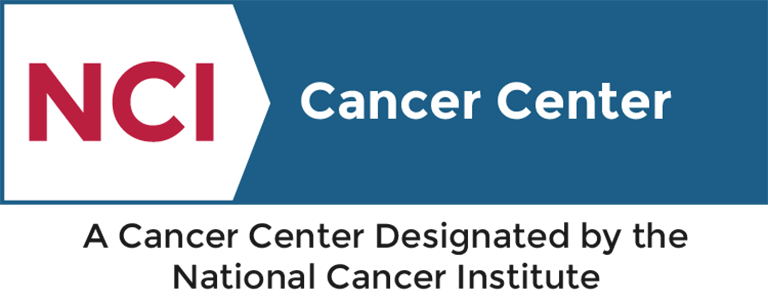Microscopy
![]()
The Microscopy Shared Resource provides core cellular imaging services for cancer researchers. It offers state-of-the-art microscopes, expert training, and an interactive environment for scientists to learn about the latest advancements in imaging technology. The Resource provides access to wide-field fluorescence, deconvolution, and confocal microscopy as well as live cell imaging, super-resolution structured illumination microscopy, and standard transmission and immuno-electron microscopy.
Explore all the CSHL Core Facilities
Shared Resource Staff
Resource Head
David Spector, Ph.D.
spector@cshl.edu
Director
Erika (Tse-Luen) Wee, Ph.D.
516-367-5079
wee@cshl.edu
Transmission Electron Microscopy Specialist
Sara Pawlak, MS, CEMT
516-367-8356
spawlak@cshl.edu
The Microscopy Shared Resource provides users with access to state-of-the-art microscopes, as well as technical advice and expertise in preparing cells or tissues for immunofluorescence/confocal microscopy, live-cell imaging, super-resolution imaging, transmission electron microscopy, and immunoelectron microscopy. For assistance please contact Erika Wee, the Shared Resource Manager, at 516-367-5079. Services include:
- Training individuals to use microscope modalities that best meet the needs of their specific scientific questions and allow them to achieve the highest image quality.
- Preparing cells, organoids, and/or tissues for light or electron microscopic analysis to localize proteins, nucleic acids, or to examine basic cellular structures.
- Providing access and support for advanced software packages for image processing, 3-D rendering and measurements.
Individuals who want to use one of the microscopes must first contact the Shared Resource staff for an initial consultation followed by an in-depth training session. After training, investigators can sign up for microscope use. Scheduling of the major microscopes is done through online reservation calendars. Microscope images and datasets can be transferred to a shared file server for preparing figures for presentation and/or publication. Available microscopes include:
- Zeiss LSM980+Airyscan2 inverted confocal laser scanning microscope with live cell imaging capabilities and fully automated stage + AI Sample Finder for automated tissue detection, 7 available laser lines (405, 445, 488, 514, 561, 639, 730nm), and advanced 2MA-PMT+32 Channel GaAsP Detector, NIR detector for sensitivity out to 900nm, as well as a transmitted light detector T-PMT2.
- Zeiss LSM710 confocal laser scanning microscope with live-cell imaging capabilities and fully automated stage for image tiling, 7 laser lines (405, 458, 488, 514, 561, 594, 633nm), and advanced spectral separation functions.
- Zeiss LSM780 confocal laser scanning microscope with live-cell imaging capabilities, 6 laser lines (405, 458, 488, 514, 561, 633 nm laser lines), but with a more sensitive array detector (GAsP).
- UltraVIEW VoX high-speed spinning disk (Yokogawa® CSU-X1) laser confocal microscope with high-speed Hamamatsu Fusion BT sCMOS camera, live cell imaging capability, time-lapse microscopy, multi-position image acquisition, 6 laser lines (405, 440, 488, 514, 561 and 640nm
- Zeiss Axioimager upright fluorescence microscope for examining fixed samples.
- Zeiss Observer inverted fluorescence microscope equipped with a fully automated stage for image tiling/mosaics, time-lapse imaging of cultured cells, and brightfield imaging using phase-contrast or Nomarski optics.
- Transmission Electron Microscope – Hitachi 7800, a 120 kV Transmission electron microscope equipped with a motorized Z-stage and tilt capabilities up to -/+ 70 degrees for tomography, beam blocker for diffraction, and the high-resolution high-sensitivity AMT Nanosprint 15 with MkII lens 15-megapixel digital camera.
